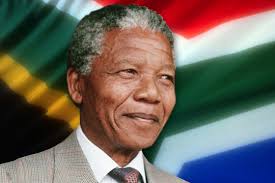A celebration of men's voices in prayer—through the ages from many faiths, cultures and traditions.
"If men like us don’t pray, where will emerging generations get a window into the soul of a good man, an image of the kind of man they can aspire to be—or be with—when they grow up? If men don’t pray, who will model for them the practices of soul care—of gratitude, confession, compassion, humility, petition, repentance, grief, faith, hope and love? If men don’t pray, what will men become, and what will become of our world and our future?"
—from the Introduction by Brian D. McLaren
This collection celebrates the profound variety of ways men around the world have called out to the Divine—with words of joy, praise, gratitude, wonder, petition and even anger—from the ancient world up to our own day.
The prayers come from a broad spectrum of spiritual traditions—both East and West—including Christianity, Judaism, Islam, Hinduism, Buddhism and more. Together they provide an eloquent expression of men’s inner lives, and of the practical, mysterious, painful and joyous endeavor that prayer is. Men Pray will challenge your preconceived ideas about prayer. It will inspire you to explore new ways of prayerful expression and new possibilities for your own spiritual journey. This is a book to treasure and to share.
Includes prayers from: Marcus Aurelius • Daniel Berrigan • Rebbe Nachman of Breslov • Walter Brueggemann • Bernard of Clairvaux • St. Francis of Assisi • Robert Frost • George Herbert • Gerard Manley Hopkins • St. Ignatius Loyola • Fr. Thomas Keating • Thomas à Kempis • Chief Yellow Lark • Brother Lawrence • C. S. Lewis • Ted Loder • Nelson Mandela • General Douglas MacArthur • Thomas Merton • D. L. Moody • John Henry Newman • John Philip Newell • John O’Donohue • Rumi • Rabindranath • Tagore • Walt Whitman • many others




Share This eBook: